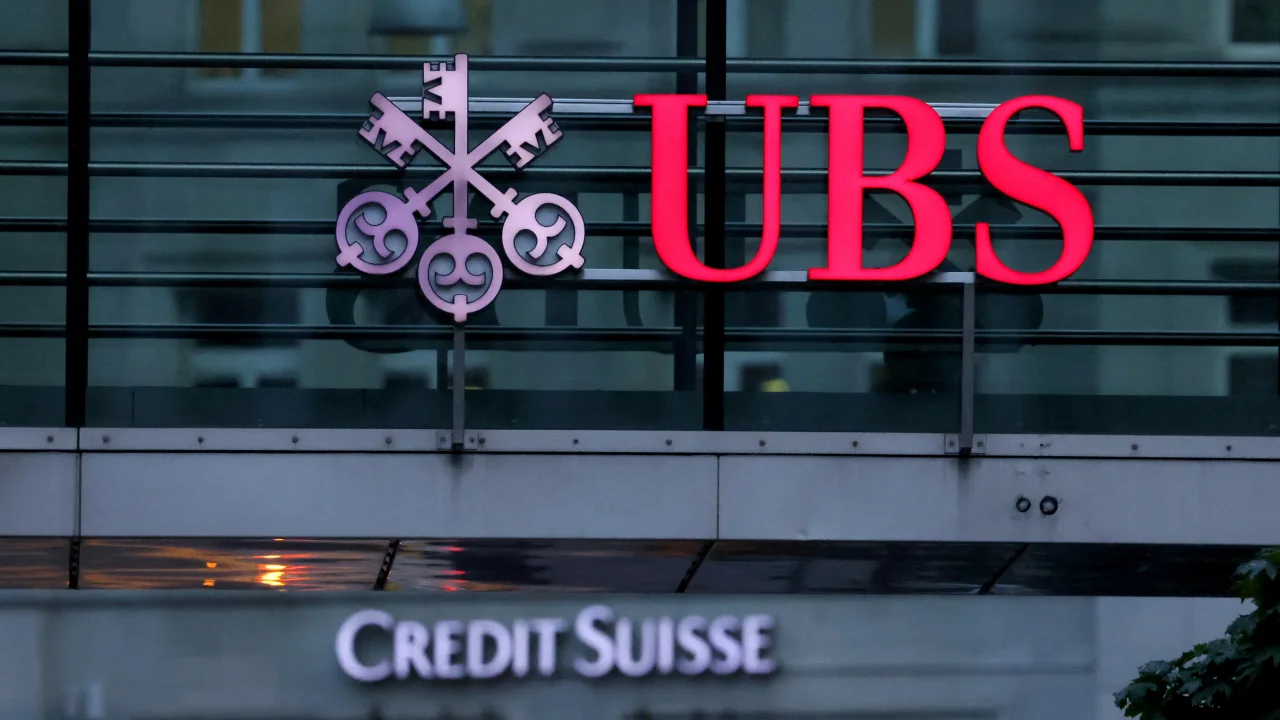Big banks won the banking crisis

The collapse of Silicon Valley Bank and the US regional banking crisis that followed earlier this year had major economic and regulatory repercussions for lenders across the globe, some of which may be felt for years to come. But now that the more immediate threat of the crisis has dissipated, some clear winners have emerged.
Shares of UBS (UBS) are up about 20% since it rescued Credit Suisse from collapse, and just last week the bank reported a $29 billion quarterly profit — that’s a record high for any lender. The huge figure was almost entirely due to the discrepancy between Credit Suisse’s balance sheet value and the $3.8 billion that UBS paid to acquire the bank.
JPMorgan Chase (JPM) shares, meanwhile, have gained more than 6% since it purchased First Republic Bank. The bank’s profit also surged to a record high following the acquisition.
UBS still has to complete the mammoth and risky task of integrating a bank once deemed too big to fail. But what seemed like altruistic acts by large lenders meant to keep the banking system afloat have turned into big wins for some of the world’s largest banks.
Before the Bell spoke with David Kotok of Cumberland Advisors, an investment advisory firm with about $2.2 billion in stock holdings, to discuss what comes next and why he’s staying away from banks right now.
David Kotok: There’s no question the [global systemically important banks, G-SIB] won and the middle-sized banks — let’s call that banks with between $50 billion and $250 billion in assets — were the losers.
We know that there’s a proposal for mid-sized banks worth $100 billion or more to have to issue a debt series to shore up their capital, and there’s opposition to it. And we know that there is a movement to rewrite the G-SIB rules [requiring the largest banks to maintain extra capital in case of an emergency]. All these things are currently uncertainties. So you have the uncertainty premium on, I would say, this huge majority of assets in the entire banking system.
In my portfolio we own no bank ETFs, none. I think when you face sequential uncertainty elements which are beyond the control of the normal business cycle, then prudence is to avoid this sector.
